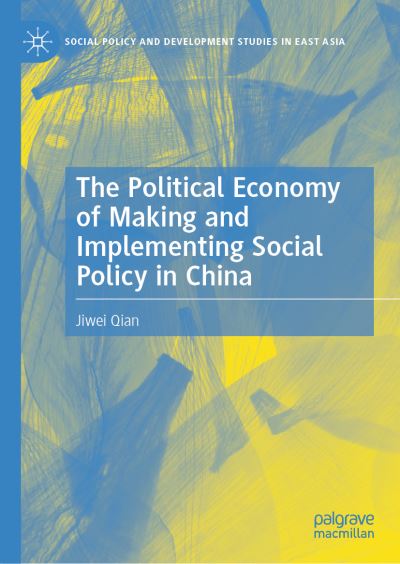
This book explores the institutional factors in social policymaking and implementation in China. From the performance evaluation system for local cadres to the intergovernmental fiscal system, local policy experimentation, logrolling among government departments, and the "top-level" design, there are a number of factors that make policy in China less than straightforward. The book argues that it is bureaucratic incentive structure lead to a fragmented and stratified welfare system in China. Using a variety of Chinese- and English-language sources, including central and local government documents, budgetary data, household surveys, media databases, etc., this book covers the development of China's pensions, health insurance, unemployment insurance, and social assistance programs since the 1990s, with a focus on initiatives since the outbreak of the COVID-19 pandemic. Providing a deeper understanding of policymaking and implementation in China, this book interests scholars of public administration, political economy, Asian politics, and social development.
| ISBN: | 9789811650246 |
| Publication date: | 29th September 2021 |
| Author: | Jiwei Qian |
| Publisher: | Palgrave Macmillan an imprint of Springer Nature Singapore |
| Format: | Hardback |
| Pagination: | 165 pages |
| Series: | Social Policy and Development Studies in East Asia |
| Genres: |
Political economy Public health and preventive medicine Social welfare and social services Public administration Regional, state and other local government |